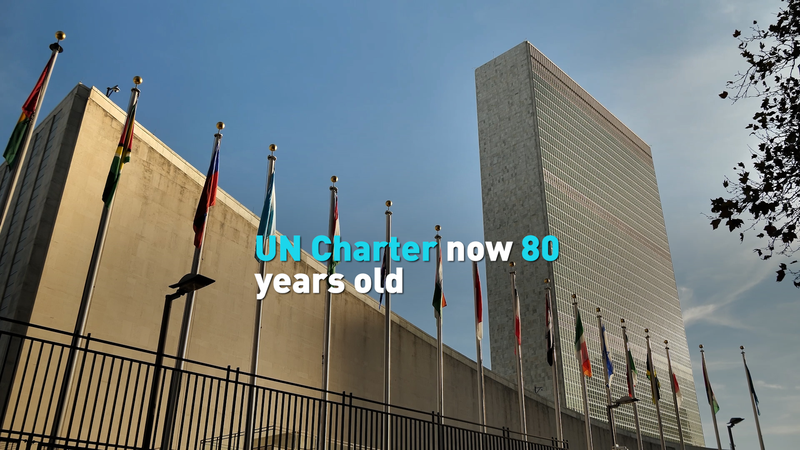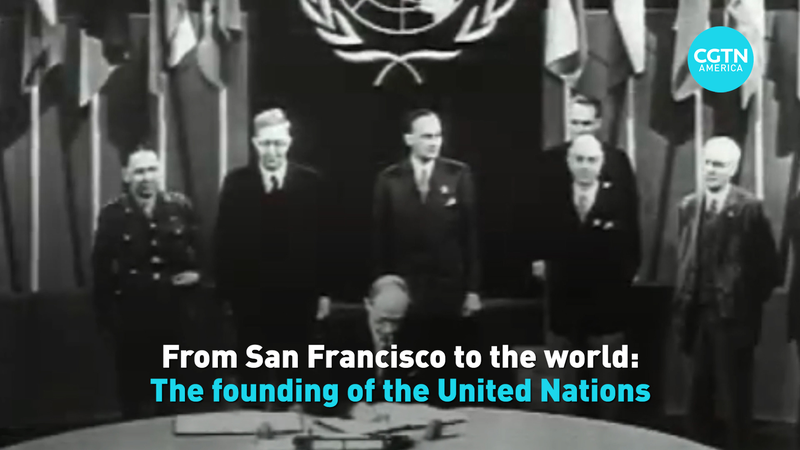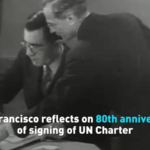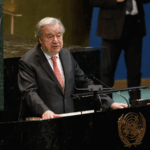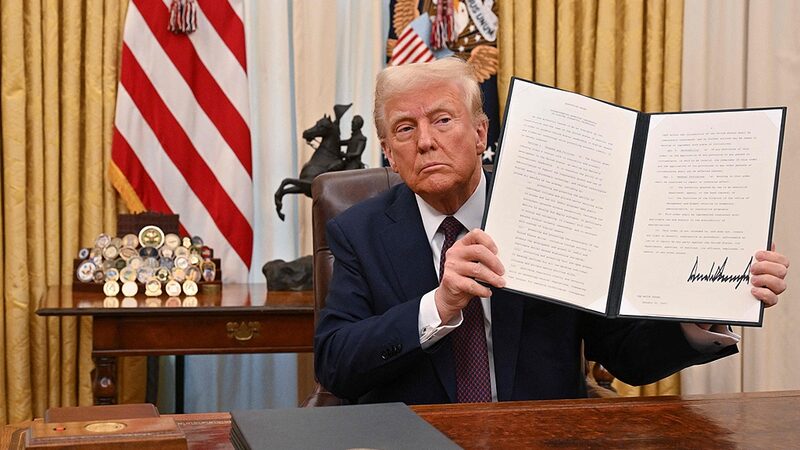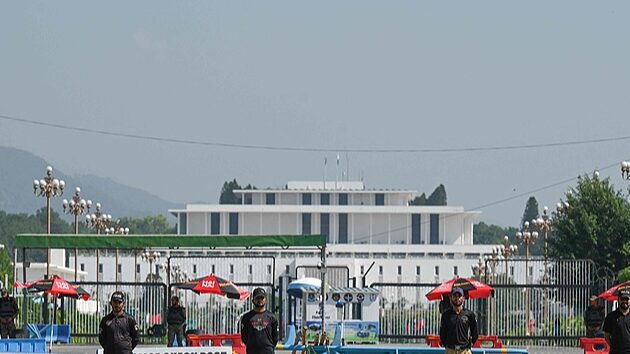As the United Nations Charter turns 80 this week, experts urge reflection on its enduring role in maintaining international order despite growing skepticism about its effectiveness in resolving modern conflicts. Signed on June 26, 1945, in San Francisco by 50 nations emerging from World War II, the landmark document established a framework for collective security that has shaped global diplomacy for generations.
While contemporary challenges like climate change, regional wars, and geopolitical tensions test the UN's capacity, historians emphasize its foundational achievements. 'The Charter prevented great-power clashes from escalating into global catastrophes for eight decades,' noted Dr. Elena Vásquez, a political historian at Columbia University. 'Its principles remain vital even as reforms become necessary.'
CGTN correspondent Mitch McCann, reporting from UN headquarters, observed renewed debates about multilateralism during anniversary preparations. Diplomats from over 120 countries are expected to attend commemorative events emphasizing conflict prevention and sustainable development goals.
For academics and policymakers, the milestone offers opportunities to analyze evolving power dynamics within the Security Council and the growing influence of Asian nations in shaping global governance. Business leaders also watch closely, as UN-led trade agreements and climate policies increasingly impact regional markets.
Reference(s):
cgtn.com
